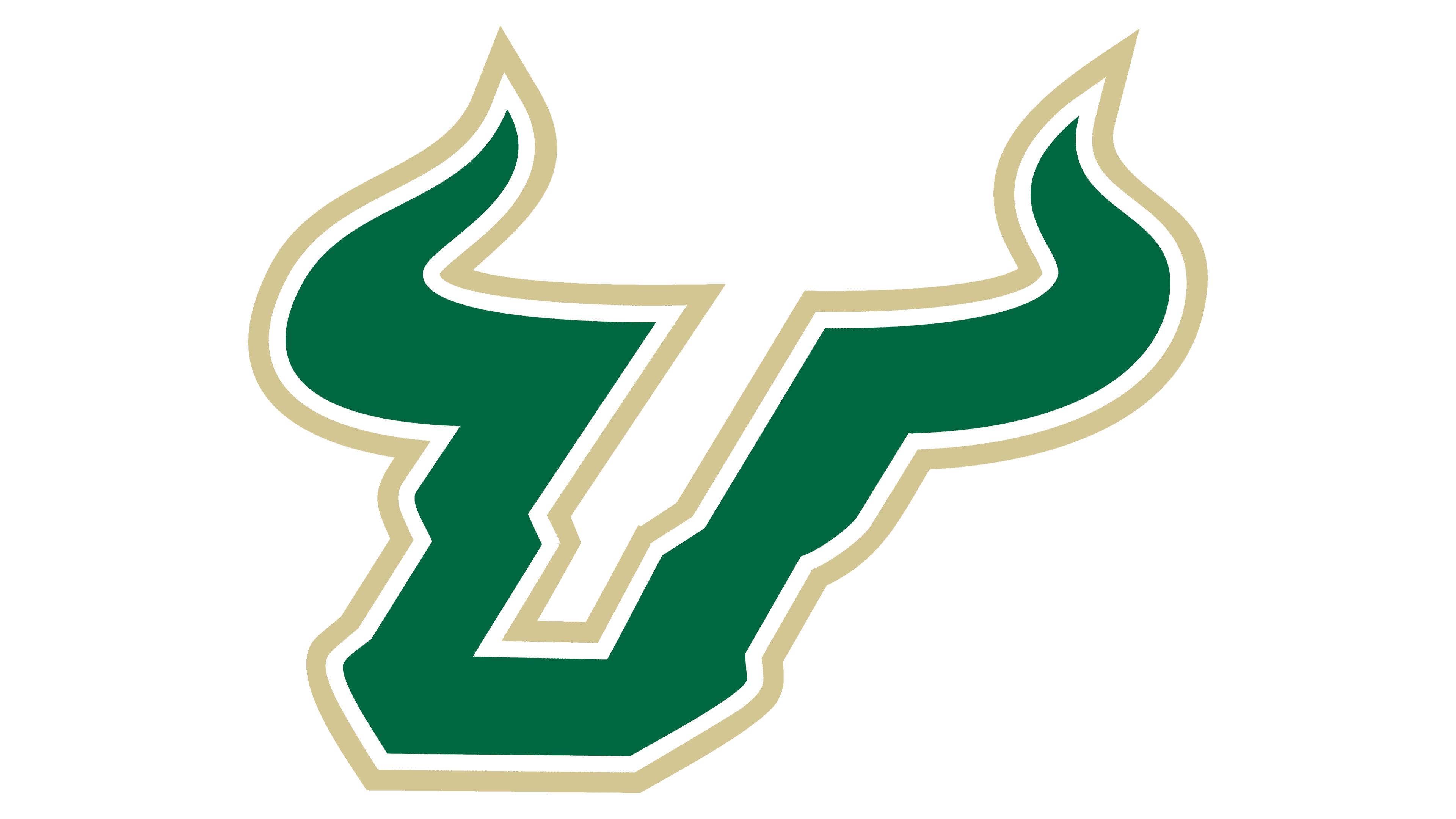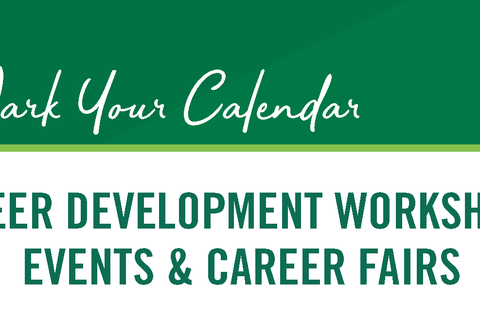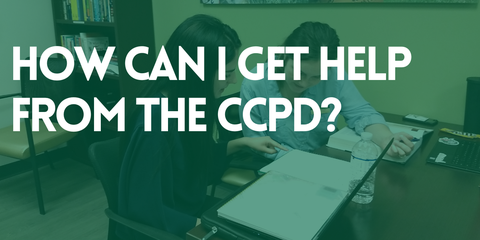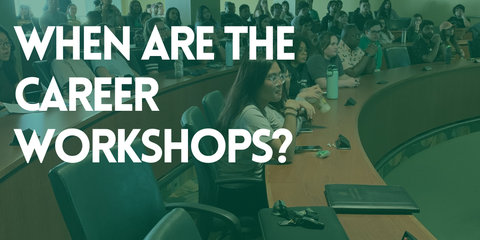IS GRADUATE SCHOOL FOR YOU?
If so, what will you study? Assess yourself to figure out if attending graduate school is the right choice for you. Meet with a Career Coach at the Center for Career & Professional Development to discuss your career and academic goals. We can help you research and determine the best route to take to meet your goal.
- Attain your personal goals
- You have a passion for learning and/or research
- You want to specialize in an area or become an expert and generate new knowledge
- Employers prefer or require an advanced degree in your profession
- Professional growth and advancement
- Average Earnings in 2022 (BLS, 2023)
- Bachelor’s Degree: $74,464
- Master’s Degree: $86,372
- Doctoral Degree: $108,316
Once you have decided that graduate or professional school is for you, gather information about several programs.
Talk to
- Professors
- Professionals in your field of interest
- Current graduate students
- Advisors
- Relevant Student Organizations
Other sources
- Professional organizations and conferences
- Research publications/professional journals
- Career centers
- Graduate school guides
- Major publications
- University websites and other online resources
- Gradschools.com
- GraduateGuide.com
- Peterson’s for Graduate Schools
Discover information about
- Who are the best professors and emerging leaders in your field?
- What projects are they working on?
- What universities do they work at?
- Where did they get their degree from?
- Which professors and schools do others suggest you consider?
- At what universities do current professionals find their best employees?
- What graduate programs have the best reputation in your field?
When deciding where to apply consider
- What are the admission and degree requirements?
- Are there a variety of specializations available?
- Are you interested in attending a certain type of school?
- Are you looking for a standardized curriculum or one that’s customizable?
- What type of financial assistance is available?
- What do graduates go on to do professionally and what’s their placement rate?
Admissions committees are normally made up of professors who base their decisions on the following:
- Statement of purpose
- Grade Point Average (GPA)
- Letters of recommendation
- Standardized test scores, e.g. the GRE or GMAT
- TOEFL or IELTS for international students
- Transcripts
- Previous work experience
- Research experience
- Co-curricular activities
- Résumé or curriculum vitae (CV)
When submitting the application, complete a draft of each application first. Make sure you type all paper applications; do not hand-write. Mail all materials well in advance of deadlines and make copies of everything included in the application packet. Print copies of your completed electronic applications. Proofread, proofread, proofread!
Exams
The type of entrance exam you will take depends on the type of program for which you are seeking admittance:
USF Testing Services can help you figure out which test you need to take and how to set your exam date(s). Be sure to schedule your exam a year prior to the intended graduate school start date. Prep course materials can help you understand the parts of the test and the types of questions that will be asked. Check out these resources for test prep help:
Statement of Purpose
The statement of purpose is your only opportunity to let the admissions committee get to know you. This is your chance to personally introduce yourself and make a good impression. The Writing Center in the Library can help you write the perfect Statement of Purpose.
Steps for writing a statement of purpose
- Write a draft
- Read the question(s) and requirements carefully.
- Write without regard for length.
- Get feedback
- Professors and the Writing Center are here to help!
- Revise
- Think about your audience – what is unique about your statement?
- Eliminate clichés and generalities.
- Avoid repetition.
- Focus on creating an image of yourself as a person, student, and scholar/professional.
- Consider word count, and if need be, be a brutal editor.
- PROOFREAD!
Information to consider
- Length requirements vary.
- You’ll likely need unique versions for each school. Medical school works a bit differently.
- Know yourself
- Why do you want to be a doctor/lawyer/social worker, etc.?
- What about your life and academic experiences has prepared you?
- What about the particular program attracted you?
- What can you contribute to the program?
- Consider a narrative frame.
Tips
- Don’t tell; show.
- Don’t recreate your résumé; give context to your experience.
- Don’t focus on the negative; touch on weaknesses and focus on strengths.
- Don’t lie; be yourself.
- Don’t be conceited; be confident but realistic.
- Don’t use your thesaurus; write in your own voice.
Recommendation Letters
Most applications will require 2 or 3 recommendation letters. Keep these tips in mind
- Choose someone who knows you well and can write a specific, positive letter.
- Ask early and politely.
- Provide your CV/résumé and statement of purpose to each recommender.
- Clearly communicate the deadline to your recommenders
- Contact recommenders a few weeks after the initial contact if you haven’t yet received anything from them and ask if they need additional info.
- Let them know when you get accepted!
Transcripts and Test Scores
- Order transcripts from your current school early, so that they will be received near the same time as your application.
- Check to see if transcripts can be mailed immediately after fall term grades are recorded.
- Order test scores to be sent to each school (if you did not do so at the time of the exam).
Arrange campus visits
- Make appointments to meet with professors and/or the admissions office
- Talk to current students
- Some schools may be able to pay your travel expenses
- Gather information about the community and housing options
- Arrive on time and be prepared
Make a list of potential schools and compare
- Quality of programs
- Research and scholarly opportunities
- Reputation of the school, its programs, and professors
- Potential fit with professors whose interests match yours
- Program job placement rates and information
- Financial assistance
- Student services
- Location’s cost of living
Types of Funding
- Grants are free money
- You don’t have to work or repay the funds
- Fellowships are the most common type of grant
- Graduate Assistantships are the most common funding
- You receive a stipend and your tuition is waived
- Other benefits may apply
- Assistantships include research, teaching, or administrative/professional positions
- Loans are also available
- Federal government and other financial institutions
- Complete a Free Application for Federal Student Aid (FAFSA)
Funding Sources
- A college, department, or program
- The Graduate School/Office of Graduate Studies
- Other organizations, such as government agencies, foundations, and professional organizations
Eligibility requirements and application processes vary and the majority of funding is available in the fall.
Financial Aid Resources
- Federal Student Aid
- State grant agency contact information
- College tips and scholarships at CollegeNET
- Financial aid web search at Fastweb
- General financial aid information at Fin Aid










